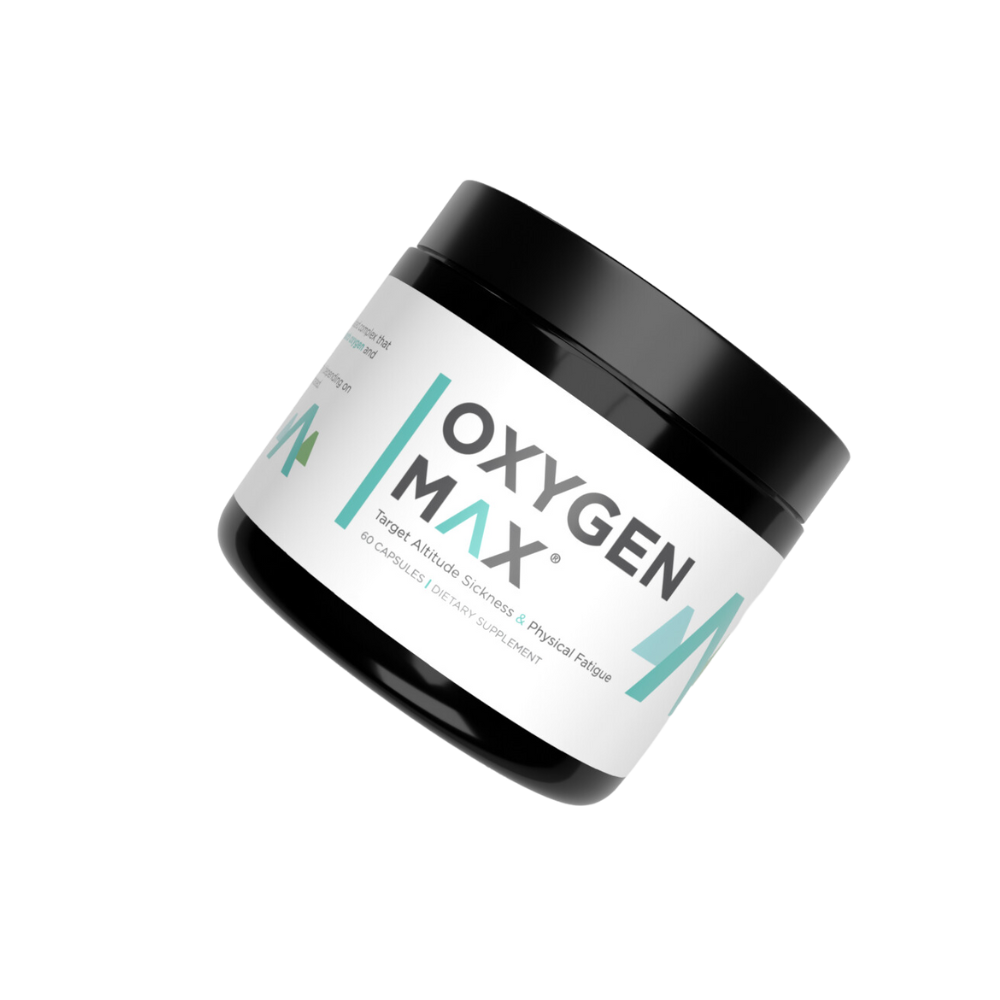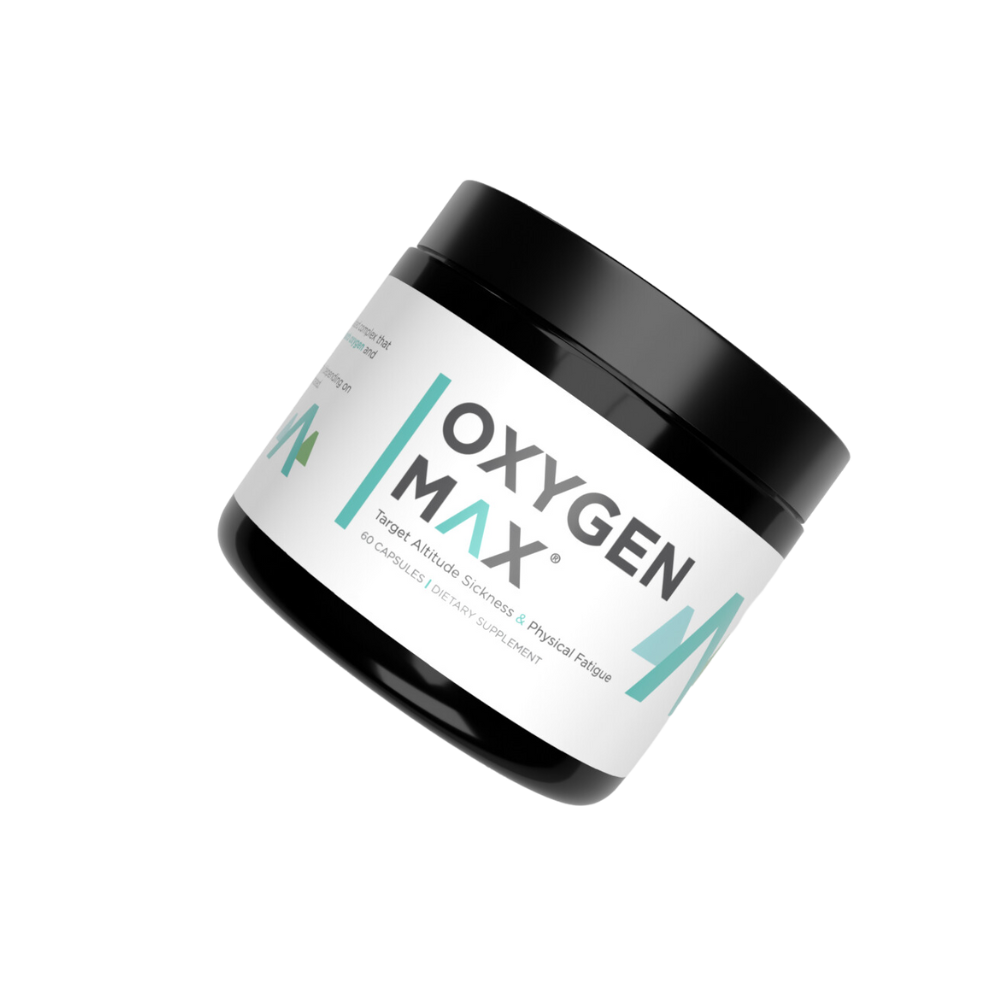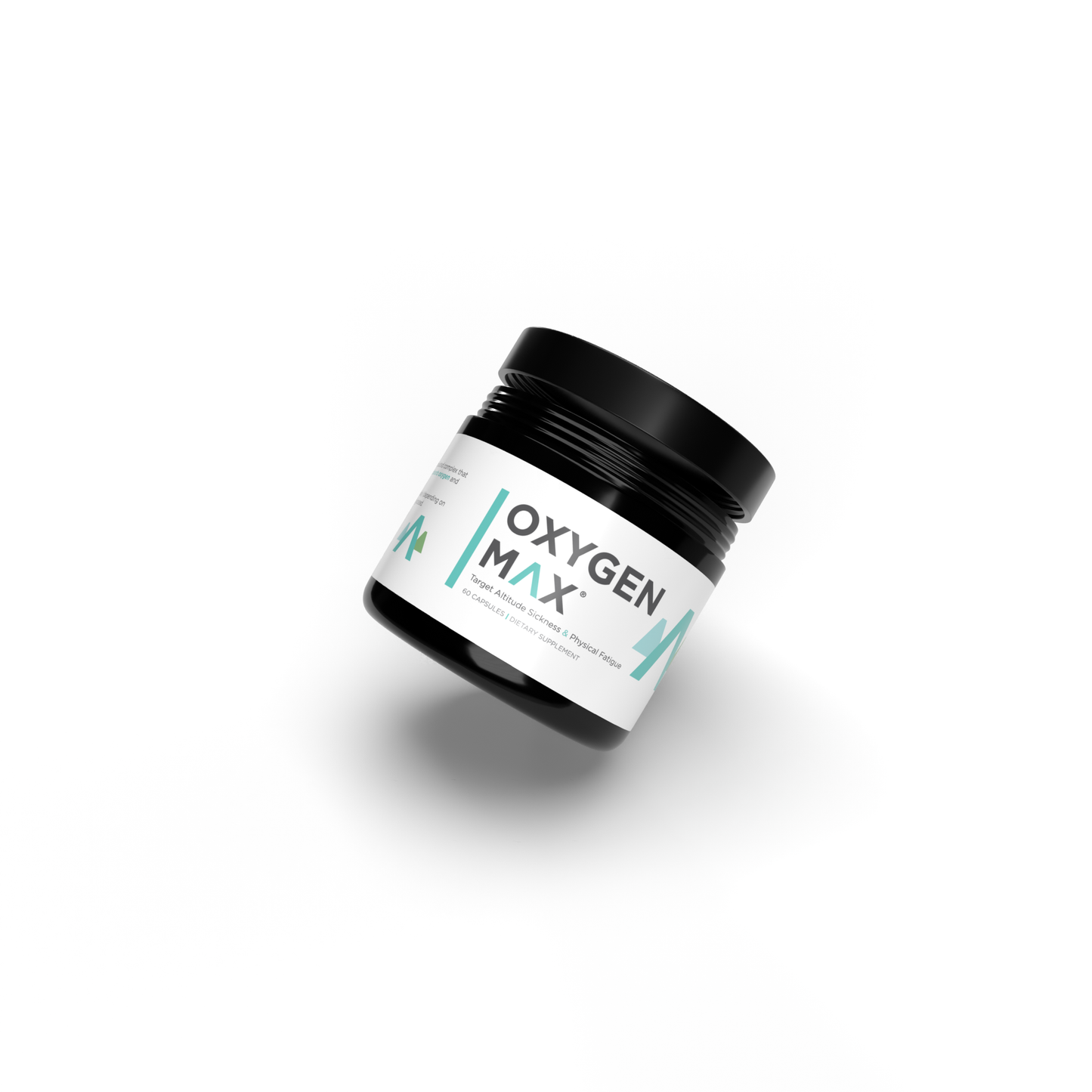Table of Contents
Are you an explorer looking for a thrilling journey? It is essential to prepare effectively, especially when traveling through high-altitude regions. Altitude sickness can be a real obstacle and put your holiday on the backburner if it’s not addressed well. Fortunately, vitamins and supplements are available that could help fight altitude sickness and keep your body functioning in top shape even at greater altitudes.
Understanding Altitude Sickness
Altitude sickness is something no traveler wants to experience when they reach higher elevations. It’s caused by the lack of oxygen at these altitudes and can be accompanied by symptoms such as nausea, headaches, dizziness, fatigue, and loss of appetite. In extreme cases, it can even lead to fluid in your lungs or brain swelling! Fortunately, there are some vitamins and supplements out there that could help combat altitude sickness for a more enjoyable high-altitude trip.
Vitamin Solutions to the Rescue
Altitude sickness, also known as Acute Mountain Sickness (AMS), is a condition that can affect individuals who ascend to high altitudes too quickly. The reduced oxygen levels at higher elevations can lead to headaches, dizziness, nausea, and shortness of breath. While it’s essential to acclimatize and ascend slowly to prevent AMS, certain natural ingredients have been shown to help combat its effects. Here, we delve into the benefits of Ginkgo biloba, Rhodiola Rosea, Cordyceps Sinensis, and Vitamin C in addressing altitude sickness.
Ginkgo Biloba
Ginkgo biloba, a herb derived from the leaves of the ginkgo tree, has been used in traditional medicine for centuries. Recent studies suggest that it can be beneficial in preventing altitude sickness. Ginkgo biloba increases blood flow to the brain and other vital organs, ensuring they receive adequate oxygen even at high altitudes. Additionally, its antioxidant properties help neutralize the harmful effects of free radicals produced due to low oxygen levels.
Rhodiola Rosea
Rhodiola Rosea, often called the “golden root,” is a plant native to the cold regions of Europe and Asia. It’s known for its adaptogenic properties, meaning it helps the body adapt to and resist physical, chemical, and environmental stress. Regarding altitude sickness, Rhodiola Rosea enhances the body’s oxygen-carrying capacity. Improving red blood cell function and increasing oxygen saturation aids in reducing the symptoms of AMS.
Cordyceps Sinensis
Cordyceps Sinensis is a unique fungus that grows on caterpillar larvae in the high-altitude regions of the Himalayas. It has been prized in traditional Tibetan and Chinese medicine for its numerous health benefits for years. One of its standout properties is its ability to improve lung function and oxygen utilization. This makes Cordyceps Sinensis an invaluable ally against altitude sickness, as it boosts the respiratory system’s efficiency, allowing for better oxygen intake and reduced AMS symptoms.
Vitamin C
Vitamin C is a potent antioxidant that plays a crucial role in maintaining the health of blood vessels. At high altitudes, the body can produce an excess of free radicals due to reduced oxygen, leading to cellular damage. Vitamin C helps combat this by neutralizing these free radicals, reducing oxidative stress. Furthermore, it aids in producing red blood cells, enhancing the body’s ability to transport oxygen efficiently.
Hydration and Electrolytes
Staying hydrated and maintaining the right balance of electrolytes in your body is critical for avoiding altitude sickness, which can be a serious problem if you’re heading to higher elevations. The human body contains many different minerals or electrolytes – some examples of sodium, potassium, magnesium, and calcium. You can get them from items like fruits and vegetables and sports drinks with added electrolyte ingredients. How important do we need these nutrients at high altitudes? Very!
When altitude sickness strikes, dehydration can make it worse. To combat this, drinking lots of fluids is key as doing so helps replace lost water and top-up the electrolytes needed to nourish cells throughout our body. But simply chugging on plain water isn’t always enough for optimal hydration; many people find that adding an electrolyte supplement helps keep them adequately hydrated while they travel at higher altitudes.
Furthermore, certain vitamin supplements contain minerals like magnesium or zinc, which are great sources of restoring those all-important electrolytes quickly when symptoms such as headaches or dizziness become more frequent due to thin air conditions up high in elevation.
Herbal Solutions and Adaptogens
Herbal remedies are a great way to support your body when you’re in high-altitude areas. Adaptogens, like ashwagandha, rhodiola rosea, and ginseng, have historically been used extensively in traditional medicine systems to help the human body deal with changes from varied environments. They can be very helpful in preventing altitude sickness by assisting with fatigue and boosting energy levels too! Not only this, but adaptogen herbs may even enhance mental clarity & focus so that your time spent up on those mountains is as joyous an experience as possible.
Dietary Strategies to Pair with Supplements
When it comes to tackling altitude sickness, dietary strategies can be just as important as the vitamins and supplements you take. Eating certain foods may help your body prepare for higher altitudes – making the adjustment more bearable. For instance, consuming iron-rich food improves oxygen transportation throughout the body, while carb-rich dishes provide energy when you feel weak from a lack of oxygen. Adding magnesium-packed items such as almonds, spinach, or halibut into your diet might also prove beneficial if you have low levels of this mineral due to shifting to living at a high elevation – why not try them?
It’s super important to stay hydrated while facing altitude sickness since it helps your body remain cool and stops dehydration, which affects the blood going to the brain. Drink lots of water throughout the day but keep away from coffee or alcohol as they are diuretics that cause dehydration.
Incorporating antioxidants into your diet is a good idea since they can help with immunity and provide protection from damage caused by free radicals due to increased UV exposure at higher altitudes. Blueberries, broccoli, and dark chocolate are all wonderful sources of antioxidants, so consider adding them to smoothies or meals whenever possible!
Conclusion
In conclusion, traveling to high-altitude regions can be a breathtaking experience, but it’s crucial to be well-prepared to ensure your journey is both safe and enjoyable. Altitude sickness, though daunting, can be effectively managed with the right knowledge and tools. Understanding the symptoms and causes of altitude sickness and equipping yourself with essential vitamins, supplements, and dietary strategies can significantly reduce the risk of AMS and make the most of your high-altitude adventure. From the natural wonders of Ginkgo biloba and Cordyceps Sinensis to the power of hydration and antioxidants, a wealth of resources is available to support your body in these challenging environments. So, whether you’re scaling a mountain or simply vacationing in a high-altitude city, remember to prioritize your health, stay informed, and enjoy the unparalleled beauty of such heights. Safe travels!
Understanding Altitude Sickness: A Comprehensive Guide
Are you an adventurer at heart, gearing up for an exhilarating journey through high-altitude terrains? Preparing adequately is crucial, especially when it comes to combating the daunting challenge of altitude sickness. This guide delves into the symptoms, causes, and effective strategies to prevent and manage altitude sickness, ensuring your high-altitude adventure is both safe and memorable.
Understanding Altitude Sickness
Altitude sickness, a traveler’s nemesis, arises due to insufficient oxygen at higher elevations, manifesting as nausea, headaches, dizziness, fatigue, and appetite loss. In severe cases, it may escalate to pulmonary edema or cerebral swelling. However, a ray of hope shines through in the form of vitamins and supplements, offering a shield against the perils of altitude sickness and ensuring optimal body function even at soaring heights.
Vitamin Solutions to the Rescue
Acute Mountain Sickness (AMS) looms over those ascending rapidly to high altitudes. While gradual acclimatization is key, certain natural ingredients stand out in mitigating its effects:
- Ginkgo Biloba: A traditional remedy enhancing cerebral and organ blood flow, ensuring sufficient oxygen supply at high altitudes. Its antioxidant prowess combats free radicals, a byproduct of low oxygen levels.
- Rhodiola Rosea: Known as the “golden root,” this adaptogen boosts the body’s resilience to stress. It enhances oxygen-carrying capacity, alleviating AMS symptoms.
- Cordyceps Sinensis: A revered fungus in Tibetan and Chinese medicine, known for improving lung function and oxygen utilization, thus countering altitude sickness.
- Vitamin C: A potent antioxidant safeguarding blood vessels and combating cellular damage induced by free radicals at high altitudes.
Hydration and Electrolytes: The Lifeline
Proper hydration and electrolyte balance are paramount in high-altitude settings. Dehydration exacerbates altitude sickness, making fluid intake crucial. Electrolyte supplements can replenish vital minerals like sodium, potassium, magnesium, and calcium, lost through exertion and altitude-induced diuresis.
Herbal Solutions and Adaptogens: Nature’s Gift
Herbal adaptogens like ashwagandha, rhodiola rosea, and ginseng offer invaluable support in high-altitude environments. They combat fatigue, enhance energy levels, and promote mental clarity, making your high-altitude journey not just bearable but enjoyable.
Dietary Strategies: Fueling the Journey
Pairing the right foods with supplements can significantly bolster your high-altitude strategy. Iron-rich foods enhance oxygen transport, while carbohydrates provide much-needed energy. Magnesium-rich foods counterbalance the mineral loss at high altitudes. Antioxidants from foods like blueberries, broccoli, and dark chocolate offer protection against increased UV exposure and free radical damage.
Conclusion
Embarking on a high-altitude adventure is an exhilarating experience, but it demands thorough preparation and awareness. By understanding and addressing altitude sickness, and arming yourself with the right vitamins, supplements, and dietary strategies, you can ensure a safe and enjoyable journey. Embrace the natural solutions and wisdom offered by Ginkgo biloba, Cordyceps Sinensis, and other resources, and set forth on your high-altitude adventure with confidence and vigor.
Resources Section
- Understanding Altitude Sickness:
- Vitamin and Supplement Solutions:




